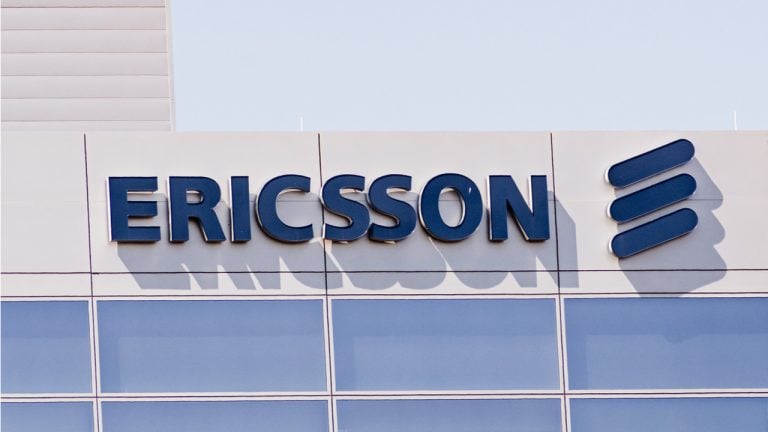
Huawei’s Middle East region's chief strategist outlined that networks have issues with throughput, rendering and download speeds that need solving.
Chinese telecom giant Huawei doesn’t believe current telecom infrastructure is enough to cope with the needs of the Metaverse, adding that 5G and 6G networks just might.
The comments came from Huawei’s Middle East region's Chief Expert on Business & Strategy Consulting, Abhinav Purohit, who published a three-part blog series on Dec. 20 focused on the potential of the Metaverse sector and where telecom companies will fit into the picture.
Describing what the Metaverse is, or what its actualization will look like, Purohit outlined that a “metaverse is a collective virtual shared space” which will “allow geographically distant participants to enjoy realistic, spatially-aware experiences that seamlessly blend virtual content in a user’s physical world.”
He also added that the notion of an open Metaverse is closely tied to the Web3 movement as inbuilt economies will be enabled by “digital currencies and non-fungible tokens (NFTs).”
To realize such a vision, download speeds, streaming quality, mobile devices and Metaverse hardware — among other things — will likely need rapid improvements to enable a smoothly operated virtual sphere, he said.
Purohit said delivering a fully polished and immersive experience, requires a host of tech advancements to take place, commenting:
“Delivering such an experience will require innovations in fields like hybrid local and remote real-time rendering, video compression, edge computing, and cross-layer visibility.”
He also believes there will need to be changes to cellular standards, network optimizations and improved latency between devices and mobile networks.
Purohit said that latency (responsiveness of a network), symmetric bandwidth (the speed in which data transfers) and quality of experience (network throughput) are the key issues currently holding back metaverse networks.
He ultimately asserts that large scale adoption of “5G networks will dramatically improve bandwidth while reducing network contention and latency, while 6G will increase speeds by yet another order of magnitude.”
To put 5G network speeds in to context compared to a fixed wireless broadband scenario, 5G can reportedly hit speeds of 1,000 Megabytes per second (MBps). These speeds make it much faster that the national average internet speeds in the U.S. of 119.03 MBps as per High Speed Internet data.
Related: One-third of singles are ready to date in the Metaverse: Survey
Looking outside of the Metaverse, there does seem to be a significant push to get 5G fully operational across the globe, with data from the Global mobile Suppliers Association (GSA) indicating 501 operators in 153 countries and territories investing in 5G as of August 2022.
Out of those 501 operators, GSA’s data also shows that 222 of them have already launched 5G mobile services in 89 countries and territories. Given that 5G isn’t fully rolled out and adopted as the mobile standard across the globe however, it remains to be seen if a fully scale Metaverse can be supported by it.



